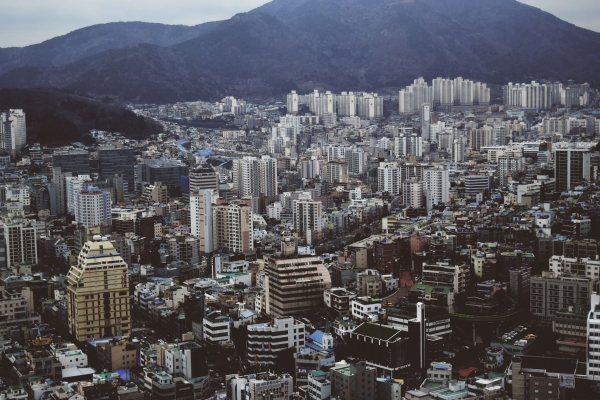
Civic awareness refers to a concept about the mental attitude about the members of a modern society. Although no exact standard exists, the civic awareness of a country is judged by the etiquette and morality of the citizens of that country. Usually, the national and personal moral values have a great influence on the level of civil consciousness, and those who lack this sense of citizenship could make a national disgrace by causing a civil nuisance in their own or other countries.
Modern Korea is one of the countries that have rather good civic awareness in the world. Still, it has a lot of room for improvement. It has not been too long since the topic of civic awareness emerged in Korea. Up until the 1980s, there were two national tasks: economic development and implementation of democracy, and civic awareness had only a little room to spare. In the 60s and 70s, people did not care much about keeping traffic orders and keeping the streets clean of litter. However, due to the 1988 Seoul Olympics, the importance of civic awareness began to emerge. Korea’s economy and democracy dramatically improved and the Olympic was a great opportunity to show Korea’s development to the world. Ever since the Olympics, Korean's level of civic awareness improved greatly. Since then, there have been many critical approaches to various acts that seem to lack civic awareness.
Quite a few people mention about the various actions that degrade the level of civic awareness of Korea. These people even coined the term 'Ugly Korean', which was derived from 'Ugly American'. Ugly American stands for American travelers who behave rudely and arrogantly in other countries. Ugly Korean is used to point out the trend of some Korean travelers acting in a bad manner while traveling. They criticize the act of Koreans drawing illegal graffiti on historical sites, making racist remarks, etc. However, this term is not a globally used term and used only among Koreans in a manner of self-reflection.
Some criticize the authoritarian acts and personality of some Korean people. 'Gap-jil', is a Korean word which depicts the act of power tripping. 'Gap-jil' of some politicians and the super-rich become controversial once in a while causing a fit of social anger. Actions that lack manners such as aggressive actions and messages in online games, smoking on the pavement, parents keeping the kids unattended, etc. are always criticized by the press and citizens.
There are many other problems apart from the problems mentioned above that people point out as a problem of Korea's civic awareness. However, in other words, such a creation of negative public opinion is a direct proof that Korea's civic awareness is developing, since the first step of developing a country's sense of civic awareness is to become aware of the problems of poor civic awareness. It is clear that the growth of Korea's civic awareness is an ongoing subject and needs consistant attention of its people.


